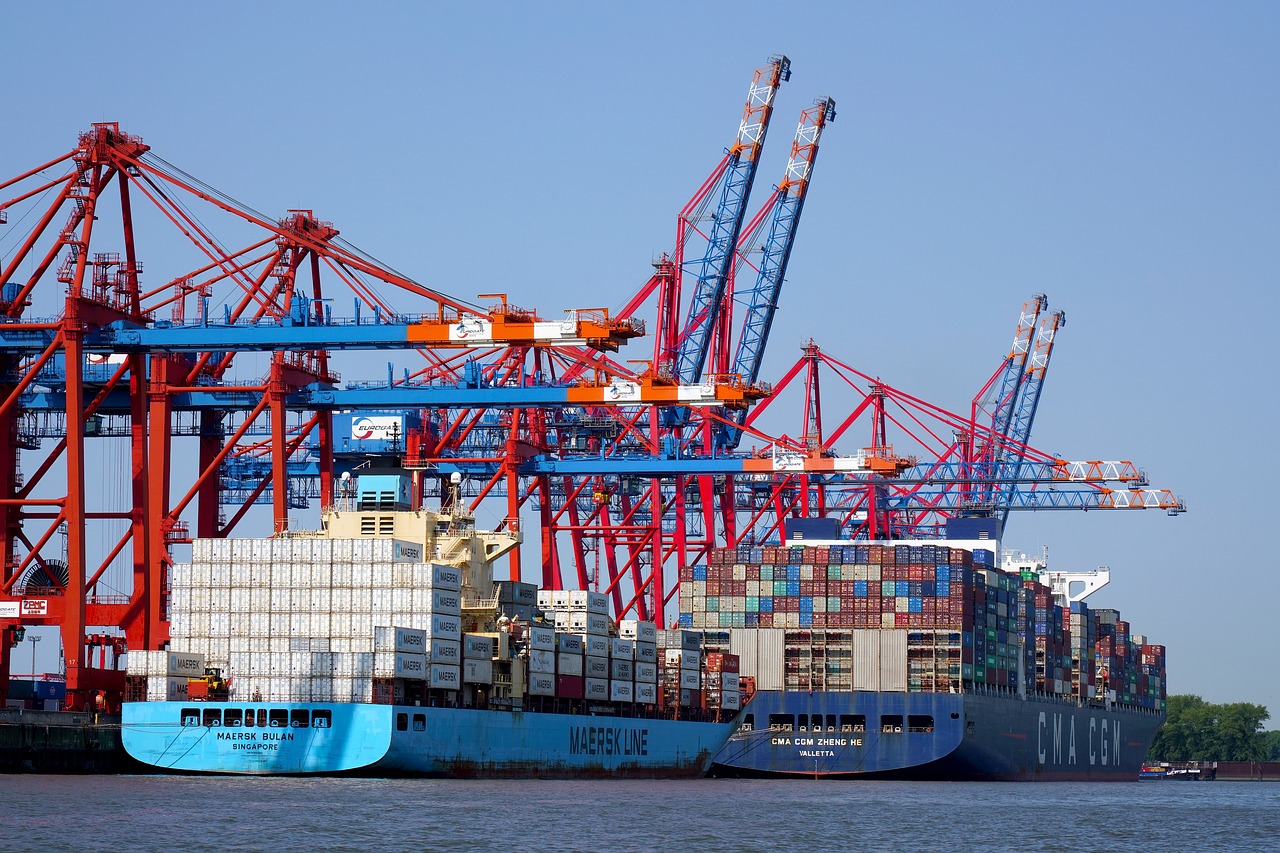Supply Chain Planning: Achieving Efficiency and Flexibility in Resource Management
A comprehensive training program focusing on developing supply chain planning skills and achieving efficiency and flexibility in resource management. The program covers key supply chain concepts, demand forecasting strategies, inventory management, and the technology used to improve performance. The training includes workshops and case studies to apply best practices in planning and management.

 5 days (4 hours per day)
5 days (4 hours per day) 5000 EGP
5000 EGP 



